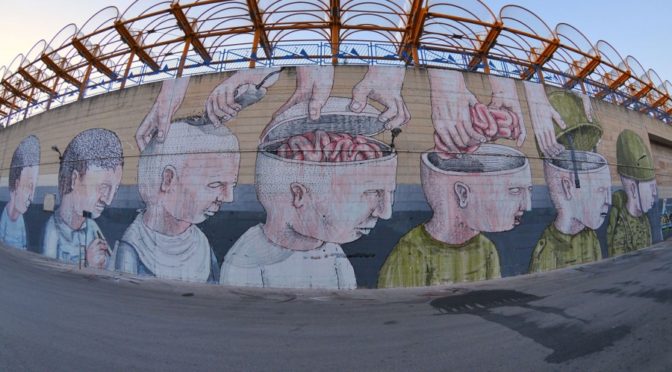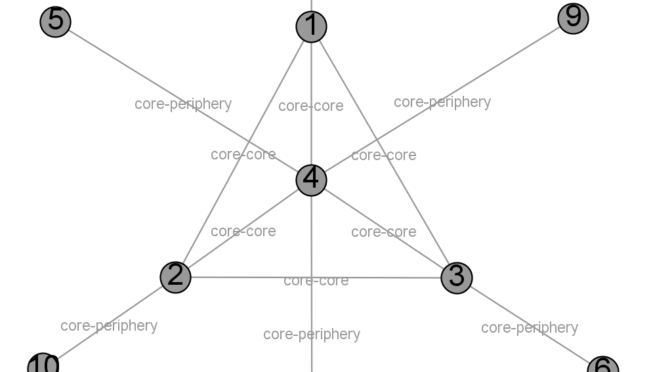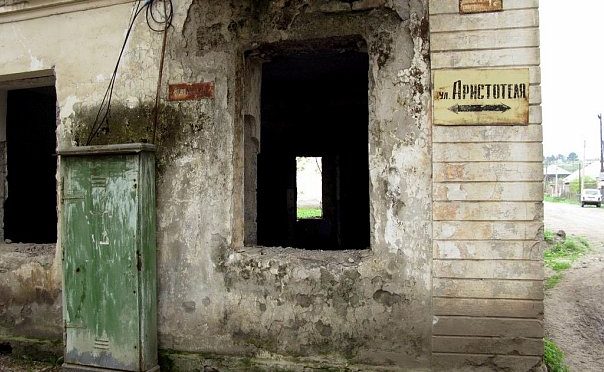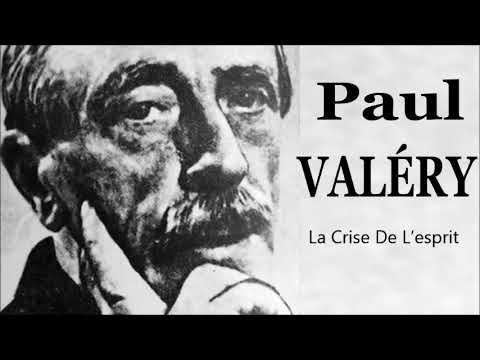
Claire Madl (CEFRES)
will be taking part at Franco-Czech historical seminar organized by CEFRES and Charles University
Date: Thursday March 25th , 9h-12h30
Where: CEFRES and online (see below)
Organisators: CEFRES and Charles University
Language: French
To visit the website and see the complete programme of the seminar, click here.
Click here to join the Zoom meeting : https://cesnet.zoom.us/j/96694269885
To register, please contact Jaroslav.svatek@ff.cuni.cz

Angeliki Drongiti, Cresppa-CSU
will be taking part in the seminar called Current Issues. Reflection on Crises organised by CEFRES.
Date: Wednesday, March 24th 2021, 12h30 à 13h50
Where: Online on Zoom.
Organisators: Maria Kokkinou (post-doc at CEFRES / Charles University), Jérôme Heurtaux (CEFRES)
Language: French
Link to join the seminar : https://us02web.zoom.us/j/84097191940
For more information about the programme and the seminar, see the website: http://cefres.cz/fr/seminaires/penser-les-crises.
Marine Mazel, psychologist and psychoanalyst
will be taking part in the seminar called Current Issues. Reflection on Crises organised by CEFRES.
Date: Wednesday , March 17th 2021, 12h30 à 13h50
Where: Online on Zoom.
Organisators: Maria Kokkinou (post-doc at CEFRES / Charles University), Jérôme Heurtaux (CEFRES)
Language: French
For more information about the programme and the seminar, see the website: http://cefres.cz/fr/seminaires/penser-les-crises.

The 7th session of IMS / CEFRES Epistemological seminar will be hosted by:
Zach Lavengood (PhD candidate at FSV UK)
Topic: The concept of “Core-periphery”
Organisers: Jérôme Heurtaux (CEFRES), Claire Madl (CEFRES), Tomáš Weiss (FSV UK) and Mitchell Young (IMS FSV UK)
Where: on line
To register, please contact: claire(@)cefres.cz
When: Wednesday, March 10th, 4:30 pm- 6:00 pm
Language: English
Reading:
- Shannon, T. R. “The Contemporary World-system”. In : T. R. Shannon, An Introduction to the World-System Perspective (pp. 85-124). Boulder: Westview Press, 1996.

Dimitris Kataiftsis, Paris IV, University of Macedonia
will be taking part in the seminar called Current Issues. Reflection on Crises organised by CEFRES.
Date: Wednesday , March 10th 2021, 12h30 à 13h50
Where: Online on Zoom.
Organisators: Maria Kokkinou (post-doc at CEFRES / Charles University), Jérôme Heurtaux (CEFRES)
Language: French
Link to join the seminar : https://us02web.zoom.us/j/84097191940
For more information about the programme and the seminar, see the website: http://cefres.cz/fr/seminaires/penser-les-crises.

Benedetta Zaccarello, ITEM (Institut des Textes et Manuscrits Modernes, CNRS/ENS)
will be taking part in the seminar called Current Issues. Reflection on Crises organised by CEFRES.
Date: Wednesday , March 3th 2021, 12h30 à 13h50
Where: Online on Zoom.
Organisators: Maria Kokkinou (post-doc at CEFRES / Charles University), Jérôme Heurtaux (CEFRES)
Language: French
Link to join the seminar : https://us02web.zoom.us/j/84097191940
For more information about the programme and the seminar, see the website: http://cefres.cz/fr/seminaires/penser-les-crises.





